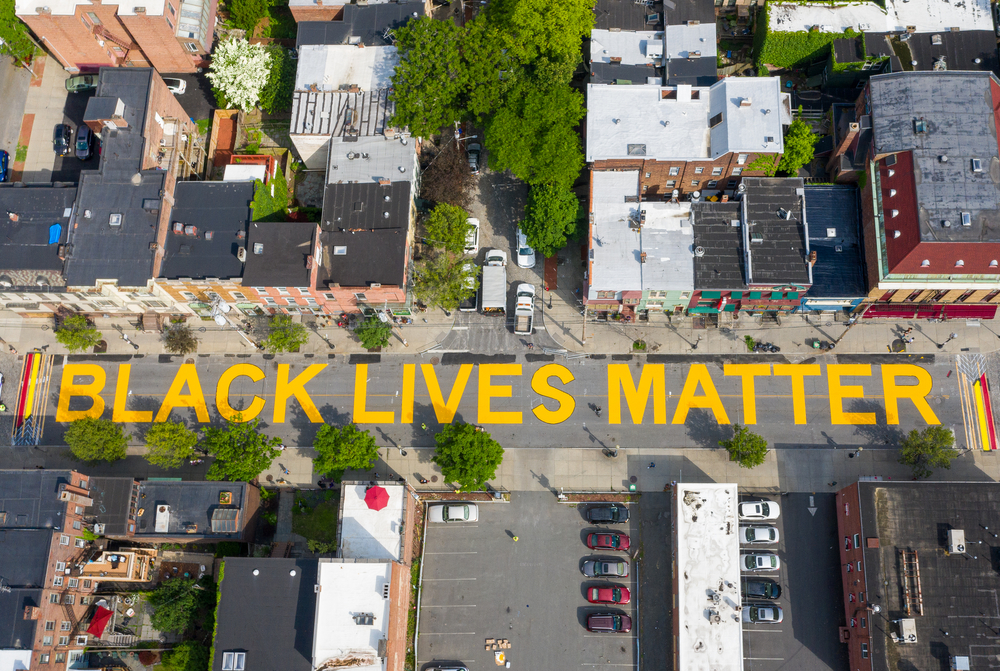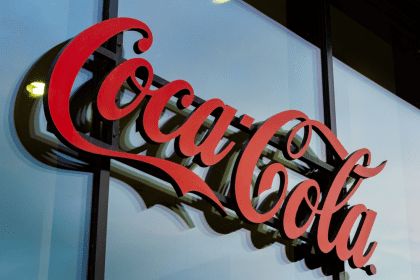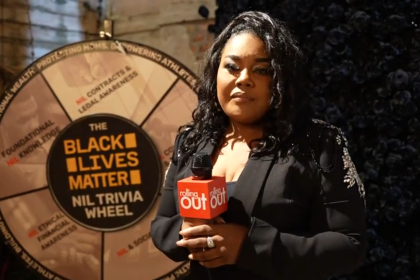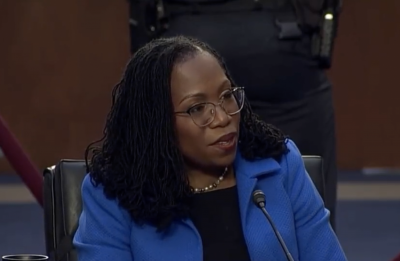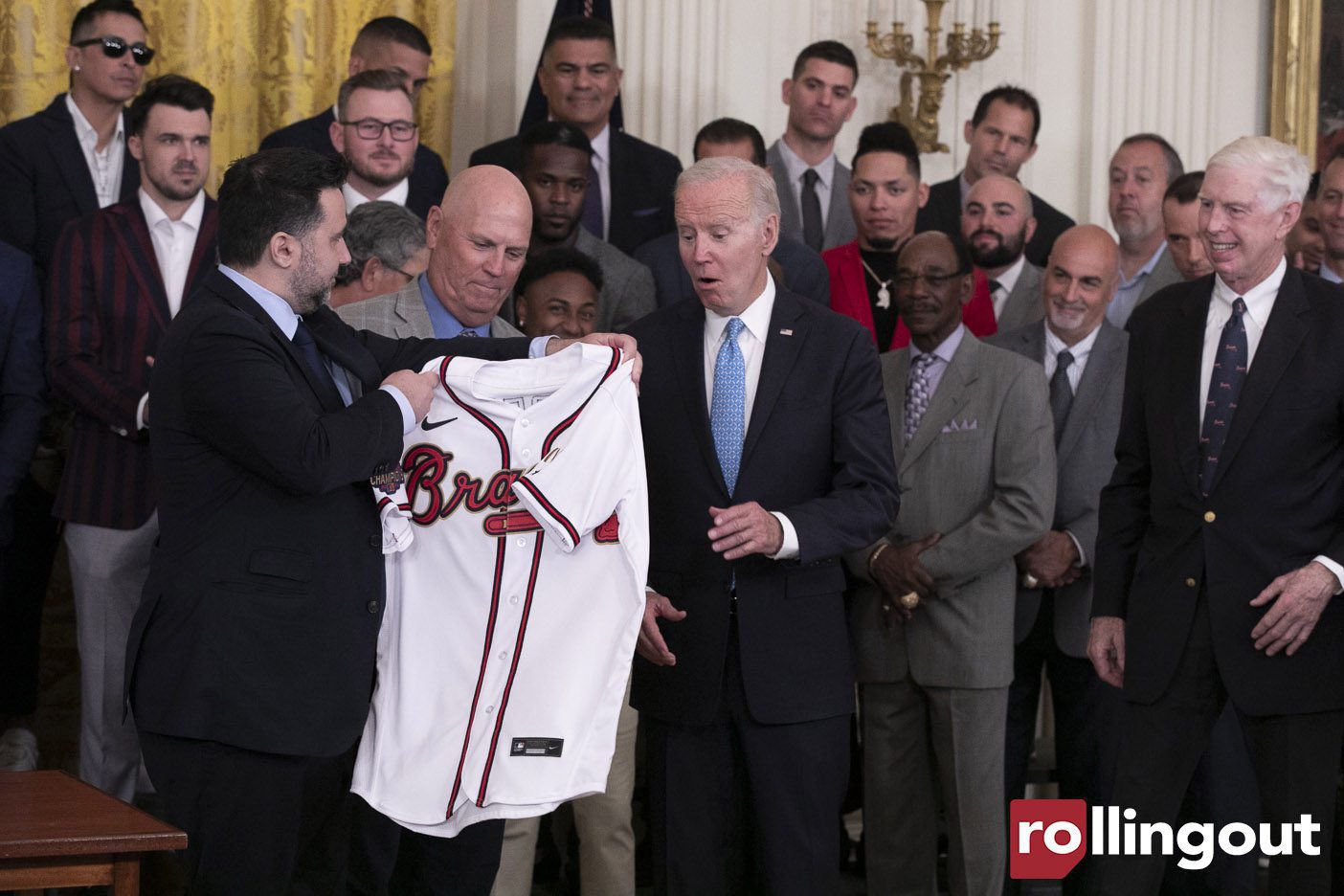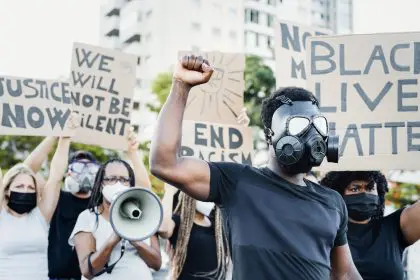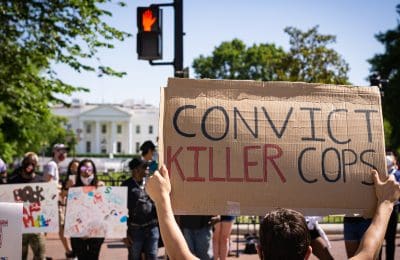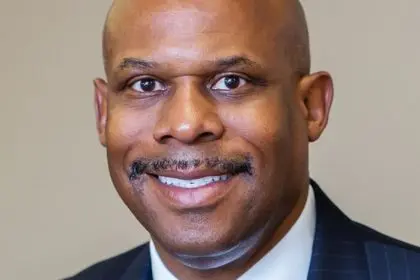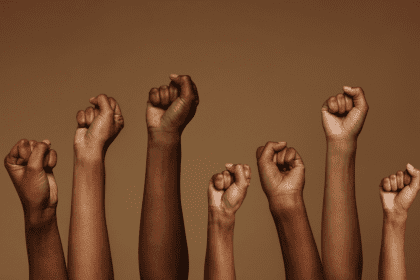Ten years ago, on Aug. 9, 2014, former police officer Darren Wilson fatally shot Michael Brown, an unarmed Black teenager, in Ferguson, Missouri. Brown’s death sparked a national outcry and ignited the Black Lives Matter movement, which led to widespread protests about the issue of police violence against Black communities. A decade later, the echoes of Ferguson still resonate, serving as a powerful reminder of the ongoing fight for racial justice and accountability in law enforcement.
The legacy of the Ferguson protests
The protests in Ferguson were extraordinary and rare, sparking a movement that has persisted for years. Related to the Black Lives Matter movement are efforts to redistribute a portion of police department budgets to resources for mental health and other community-oriented organizations to help de-escalate police encounters and President Joe Biden keeping his campaign promise of naming a Black woman, Justice Ketanji Brown Jackson, to the U.S. Supreme Court. Corporations and other businesses signaled their support for diversity, equity and inclusion, or DEI. However, some companies are abandoning their efforts, according to CBS News, especially in light of the U.S. Supreme Court overturning affirmative action.
Black leadership post-Ferguson
Several Black leaders blossomed from Ferguson’s ashes, such as U.S. Representative Cori Bush, who was one of the on-the-ground Black Lives Matter organizers in Ferguson. Bush, who is a registered nurse and minister, became the first Black woman to represent Missouri in the state’s history as well as the first Black Lives Matter activist to win a legislative seat. However, she lost her seat in an Aug. 6, 2024 primary. She is now an ambassador for the King Center for Nonviolent Social Change.
The city’s citizens elected Ella Jones as its first Black mayor in June 2020. Jones, who has lived in the city for four decades, started her political career as a council member in 2015, when only one of the six people on the council was Black.
Another was Tory Russell, a key figure in the Ferguson uprising, who continues to advocate for the community and document the ongoing struggles faced by those affected by police violence.
Another leader who emerged was John Collins-Muhammad, known as JCM, who was instrumental in the Ferguson protests. According to NewsOne, Muhammad faced significant challenges, including being tear-gassed and surveilled by law enforcement. Despite these obstacles, he made history in 2017 as the youngest and only Muslim elected to the St. Louis Board of Aldermen at just 25 years old. Among his achievements are:
- Successfully passed the Ban the Box law to help formerly incarcerated individuals find employment.
- Opened a 24-hour emergency homeless shelter during the harsh winter of 2018.
- Sponsored legislation for a $1 housing program, allowing participants to rehabilitate and own properties.
- Played a crucial role in securing over $300 million in federal funding for COVID relief.
However, in May 2022, Collins-Muhammad was indicted for bribery, a situation that resonated deeply within the Black community, especially in light of the lack of accountability for Darren Wilson, whose actions led to Michael Brown’s death. Collin-Muhammad will be fully released from federal prison on Aug. 9, 2025.
Reflecting on the past and looking forward
Leaders and businesses have, to varying degrees, attempted to respond to what Brown’s death at Wilson’s hand means as far as racial and economic equity in the U.S. What their efforts ultimately mean is Brown’s death has not been forgotten nor did he die in vain.
This story was edited by Andrea Plaid.

